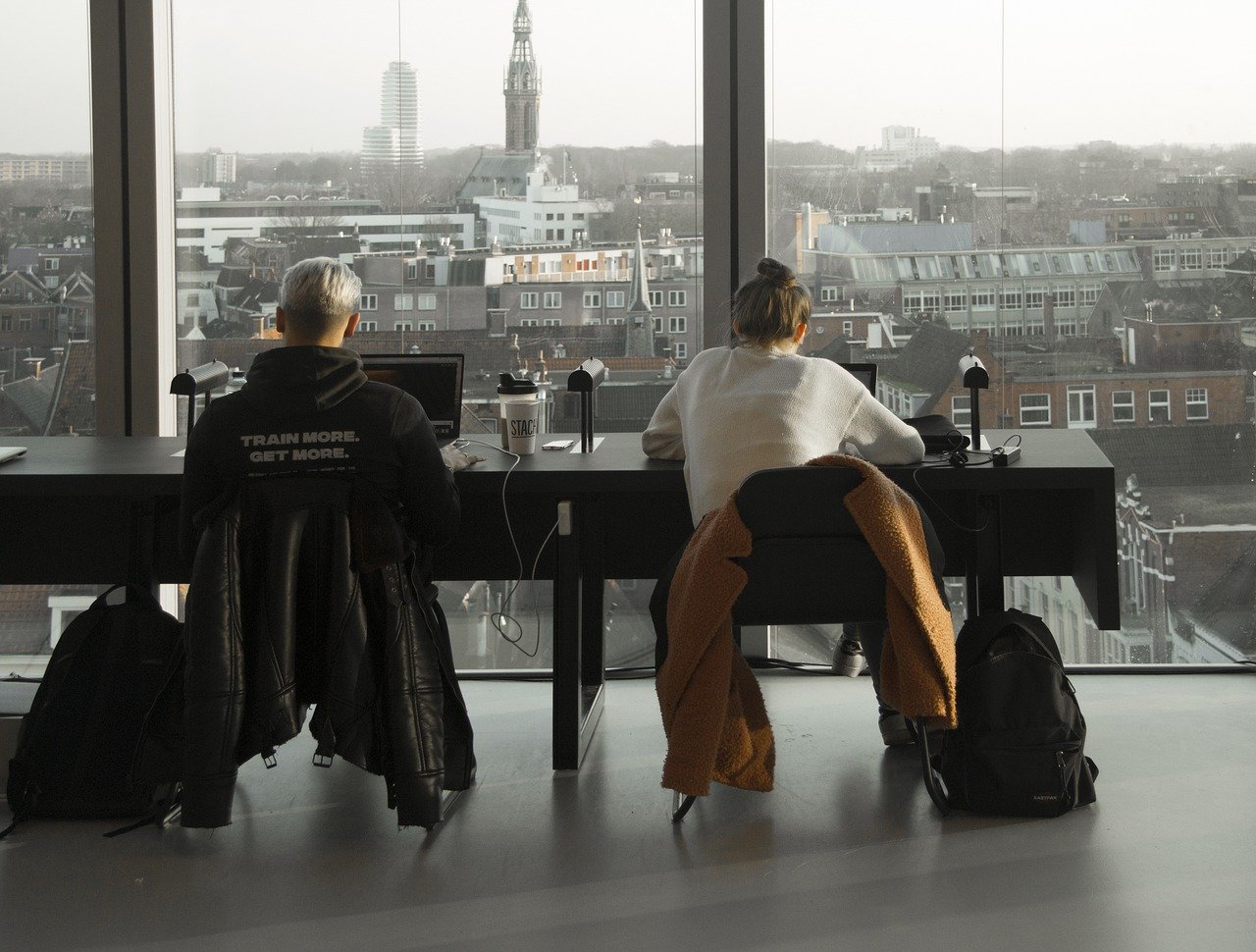Last update November 29, 2024
I guess before Covid lockdowns, many of us were dreaming of homeworking. I was. I acknowledge the forced work-from-home (WFH) was way more difficult than I imagined. I wasn’t prepared, all activities were on hiatus, the period was obnoxious and my anxiety very high. Let’s not even talk about parents left at home while schools were shut.
WFH has been difficult for me for a while, as was the whole situation. But four years later, I am now able to I embrace the full potential of home-working. I equipped my home to create a work environment way better than anything I could find in any office, I created my new routines, and now that the situation out there is back to normal, I can finally enjoy my extra free time.
But as I achieved this, we must go back to the office.
A “one-size-fits-all” solution in a diverse world
It seemed that most small and medium size companies (and probably a few bigger ones too) enforced office presence as soon as they could. Most of them, especially in IT, still kept 1 or 2 days of allowed WFH per week, but that’s it.
The main reason would be team cohesion that suffered from the lockdown and WFH, and the employees wellbeing and mental health. I can’t help but notice that very few of us were asked personally how they felt about working from home and going back to the office. Boards assume that employees cannot be happy and productive from home.
Problem is, it’s probably the case for some, and maybe even for the majority, I don’t know. But it’s not the case for every single employee. While leaving a lot of flexibility would allow everyone to choose the best organisation for them, enforcing a major office presence only serves part of the workforce.
You cannot think that the same thing would be beneficial at the same time for boomers and millennials, for parents and childfree people, for men and women (having your period one week per month would probably motivate a lot of people to choose for full flexibility in home-working), for people living in a rural area and those who can just grab a bike to go to work, singles and cohabitants, people having a nice computer setup at home and those who work on the corner of the dining table, for the introverts (who lose a lot of energy from human interaction) or extroverts (who recharge from human interaction), for developers (who take advantage of being allowed to work without interruption for a few hours) or managers (who have to conduct lots of meetings)…
For the sake of team spirit
It just seems to me that, either those who took the decisions only took their own situation into account, or that caring about team spirit and individual mental health is just an excuse for micro-management and a fear of changing our way of working.
I don’t need anybody telling me what’s best for me, I need the flexibility to come when there’s a purpose in being in the office. I don’t need my working hours to be monitored, I need timed objectives so I know what to achieve and when. I don’t need to hear the noise of my colleagues, I need my cocoon at home to fully concentrate on my work and choosing the number of presential days that I need with my colleagues.
Team-spirit is not about spending time together physically, I communicate way more in an online chat than face-to-face, depending on the colleague I’m communicating with and the team processes. Team-spirit is something to nurture, not by pushing people towards each-other, but by encouraging empathy, collaboration, knowledge sharing, mentoring… which can all happen from a distance, if given the means.
I must also add that I don’t feel isolated at home. If I’m alone, I enjoy my space and the silence, if my partner is at home, I can chit-chat at breakfast, still start working way earlier than if I have to drive to the office, take some breaks when needed.
“The world as we see it — is built for extroverts. Traditional cubicles are now converted into open offices. You can see colleagues left and right, front and back cracking jokes over your head, arguing about the mechanical keyboard, heading for a coffee in a group… while expecting you to participate. But all you want is a corner in the office, free from noise and far from stupid small talks. I get it. I feel the same.”
…
“You need space from the regular small talks. Meaningless conversations just drain you. The new world after the pandemic has shown that our work can very well be carried out from home. So don’t be afraid to take enough home office days for energizing yourself (if your employer doesn’t allow it, do yourself a favor and find a new one).”
Touhid Rahman, “9 Challenges I Face Every Day as an Introvert Programmer”
The mobility problem still exists
I went back to the office a few days per week as we were obliged by the company I was working for. After two years of light traffic, I was back in the endless traffic jams, back among stressed and late drivers not paying attention, back wasting two hours per day, plus the time to let the stress of the road drain.
Although more people benefit from WFH, the road doesn’t seem any better. For years, I’ve thought I had to move to another region, closer to all the companies, where the cost of living is higher to reduce my driving time. The last two years made me wonder why should I pay for this while there is a viable solution with home-working, and I could just go to the office about 4 or 5 days per month (just enough to participate in the scrum rituals and a some meetings).
I live and work in Belgium, where the government is making it harder to commute to the capital with the car (while not doing much for public transportation). Still, there’s very few done to encourage WFH, local co-working spaces, or incentives for companies to move outside of big, traffic-jammed areas.
Has it ever occurred to anyone that some people don’t have to possibility to drive to work (either physically/mentally, or because they can’t afford a car to begin with), or to move to an area where housing is much more expensive? And that WFH is a solution that suits those people?
What’s your take on homeworking?



